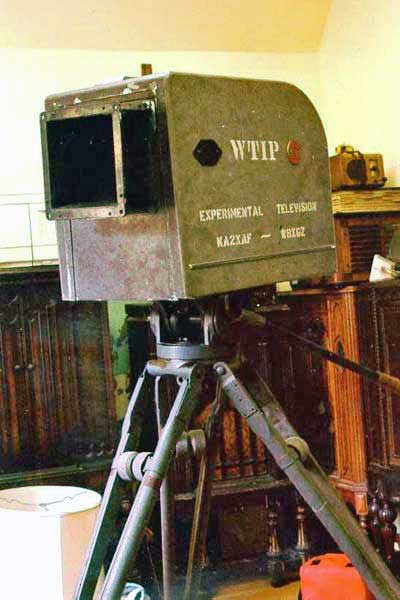

MGM’s head man, Irving Thalberg, liked it well enough, but the political structure of MGM, plus the coming of sound, sounded the death knell right at Keaton’s peak.
#The cameraman movie
You’d never know it, but The Cameraman was a bitch of a movie to make, being the first Buster Keaton made under his new contract at MGM, and the first with which he had to suffer the dumb know-nothing interference of a now-forgotten middleman producer (Lawrence Weingarten). Which isn't a deal-breaker to the enjoyment of Cuba and the Cameraman, but it definitely prevents a good movie from being great.You can read the program essay for our 2012 screening of The Cameraman here

The voice-overs often don't say anything the camera footage isn't already saying on its own. The beginning of the movie, for instance, in which Alpert explains his use of the then-new video camera to muckrake in New York City, goes on for entirely too long. And the charisma and charm of Fidel Castro, no matter what you thought of him, is undeniable in his interactions with Alpert there's something hilarious about Castro writing a "Please excuse my absence" letter for Alpert's daughter to give to her teacher when she tagged along for a visit, for instance.īut the magic and wonder of Cuban culture and the Cuban people conveyed in the raw footage compiled from several visits spanning from 1975 to 2016 seem to happen in spite of Alpert, and there are times you wish he would simply get out of the way. The farmers, vendors, and families he follows over the years from childhood to adulthood to old age display a kind of transcendent charm in their smiles and good humor, a good humor that only turns grim in the aftermath of the collapse of the Soviet Union and the end of the billions of dollars in subsidies that kept the Cuban economy running. The joy and excitement filmmaker Jon Alpert exudes upon rediscovering the friends he has made in Cuba over the years through their ups and downs is obvious and contagious.
#The cameraman series
Show moreĪt its best, this documentary has some similarity to the Up series of films revisiting a group of British men and women every seven years to see what they're up to. From the relatively prosperous 1970s to the years of struggle and food shortages in the aftermath of the fall of the Soviet Union (who gave Cuba billions of dollars in subsidies over the years), to the more recent era of a loosening of restrictions on free enterprise, the emergence of a tourism and black market economy, and the death of Fidel Castro, Cuba and the Cameraman shows, as it happened, what changed in Cuba during this time. What transpired over the course of several visits from 1975 through 2016 was a documentation of how the tumultuous changes the island nation experienced during these decades affected Cuban society and the individuals Alpert befriended during these visits.

He wanted to see how socialism was functioning under Fidel Castro 15 years after the Cuban Revolution. In 1975, after a few years of using the recent development of video camera technology to engage in investigative journalism that called attention to some of the problems that plagued New York City, CUBA AND THE CAMERAMAN filmmaker Jon Alpert set his sights on Cuba.


 0 kommentar(er)
0 kommentar(er)
